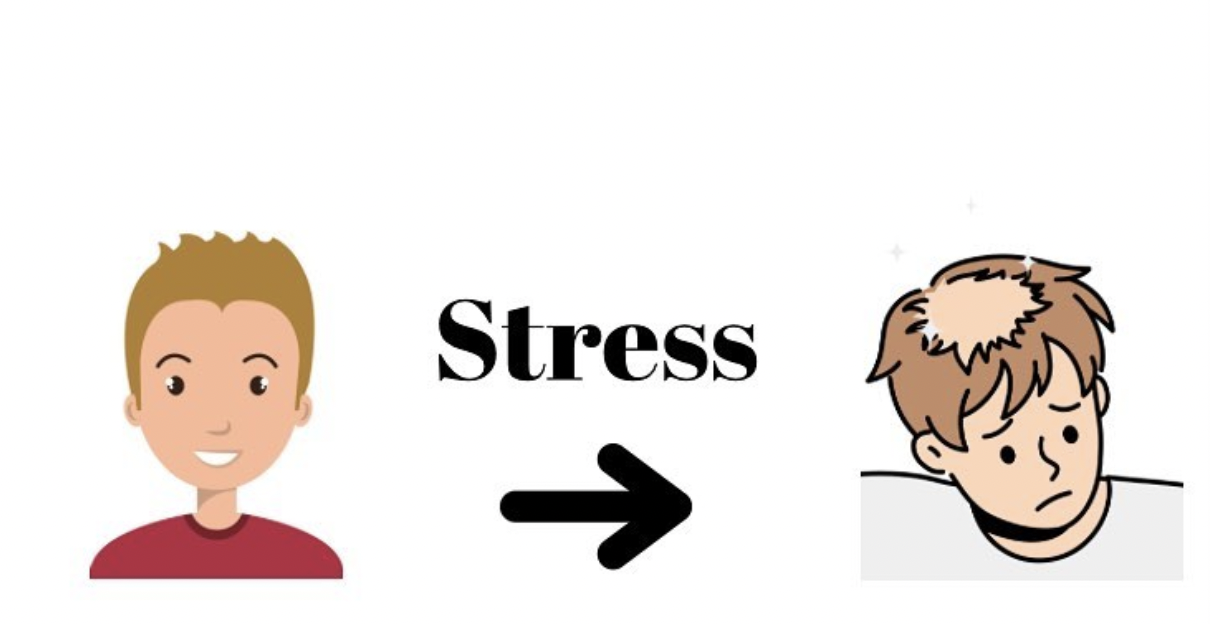Stressful Life Events: Are they a trigger for Alopecia Areata?
Stressful Life Events as a Trigger for Alopecia Areata
Alopecia areata is an autoimmune disease that affects 0.5-2% of the world. The precise genes that a person is born with has the most important impact on the future chances to develop alopecia areata. “Environmental factors” like stress, infections, vaccines and maybe even pollution may influence the development of alopecia areata.
Let’s turn our attention to stress. Stress does not cause alopecia areata but about 10 studies to date support the notion that it may be a trigger for development of alopecia areata.
Authors of a new study set out to evaluate the association of recent stressful life events (SLEs) with the development or recurrence of AA and their impact on patients’ psychosocial outcomes.
During a 3-year period, 52 patients with new onset or recurring AA and a cohort of 51 well-matched healthy controls were studied. The authors used a variety of scales to assess mental health including the Holmes-Rahe Social Readjustment Rating Scale (SRRS); Hospital Anxiety and Depression Scale (HADS); Brief Illness Perceptions Questionnaire (BIPQ); and Dermatology Life Quality Index (DLQI).
Can stressful life events trigger an episode of alopecia areata? Several studies support the notion that it’s possible.
Patients with AA report more Stressful Life Events
Patients with alopecia reported significantly more stressful life events than controls. By univariate logistic regression analysis, the presence of alopecia was significantly associated with the number of events (OR=1.16, p=0.028), their total impact (OR=1.004, p=0.042). Of the various types of SLE, the authors found that personal injury/illness (OR=3.92, p=0.026) and change in sleeping habits (OR=5.30, p=0.003) were associated with alopecia areata.
Stressful life events impacted scores for illness perception and quality of life. The patients’ Brief Illness Perception Questionnaire (BIPQ) scores and Dermatology Quality of Life scores (DLQI) were positively associated with number of events (p=0.002 and p<0.001, respectively) and their total impact (p=0.001 and p<0.001, respectively)
Conclusion and Comments
The authors concluded that stressful life events are among the triggers for alopecia areata although it is likely to be a weak link. Not everyone with alopecia areata has had stress as their alopecia trigger. But it is a factor to consider. The number of stressful events and their overall impact affect the chances of hair loss.
REFERENCE
Fenentinos P et al. Assessing the role of stressful life events in the induction and recurrence of alopecia areata: a case-control study. J Am Acad Dermatol . 2022 Mar 24;S0190-9622(22)00526-6.
This article was written by Dr. Jeff Donovan, a Canadian and US board certified dermatologist specializing exclusively in hair loss.

